Besides Jack Mapanje, we had Niyi Osundare, whom we loved because of his allegory, his closeness to Earth, how so attached he was to land. He reminded us of simple pleasures based on things you can touch and feel: the harvest of yams, peeling, cooking, pounding, and savoring the yam.
We liked the sexual images too. Land was a woman, sensual and nourishing. The feminine principle open to plants, seeds, fields, rivers, sky and moon…most regenerative. Man was/is rain falling, pouring, sometimes piercing like a ‘spear,’ flowing with celestial creative energy in the fertility of the earth. In The Eye of the Earth collection, his opening invocation of rain songs is: “Let Earth be soothed…” and she will.
I will do two posts for Niyi: one on the Katrina poems—City Without People (2011). They’re narrative poems on surviving the floods, how the city’s spirit endures in spite of the destruction. Intense and heartbreaking, truly.
In this post I’ll focus on his earlier works. Niyi has very long poems woven together, without individual titles, and some very short titled ones like:
The Longest Love Poem in the World
Yes…
—
Most of his shorts remind me of e.e cummings, in subject matter and structure. They also possess the same liveliness. Niyi uses what he can from nature. He is one of those poets who utilize the world around them to co-create. Below are two stanzas from a long poem in Midlife.
The Okro penis which irks the hungry wife,
The tireless cunt which swallows a log,
Still craving a pestle for an itching corner,
The whistle and baton under the warder’s baggy shorts,
The hidden treasure in the school mistress’s
Chalk-encrusted skirt… (Midlife, p.12)
I am human in every sense
Lover of life without regret
Ample hips, the bouncing bosom
Handsome lips alive with joy
Tongues which twist and tangle like exultant vines
A tickle in the armpit, a tickle in the groin
The cool-hot hearth in the valley of the legs
The pestle finds its mortar
The mortar finds its pestle
Legs touching legs in a dance beyond the drum
A gentle sigh, a sticky moan
Hard and soft is the legend of the flame… (Midlife, p.37)
—
This is a playful one regarding structure, and the subject of railroad (train and millipede). It’s published in his collection, Waiting Laughters (1990.)
Here’s another on the subject of waiting, also published in Waiting Laughters (1990.)
Long- 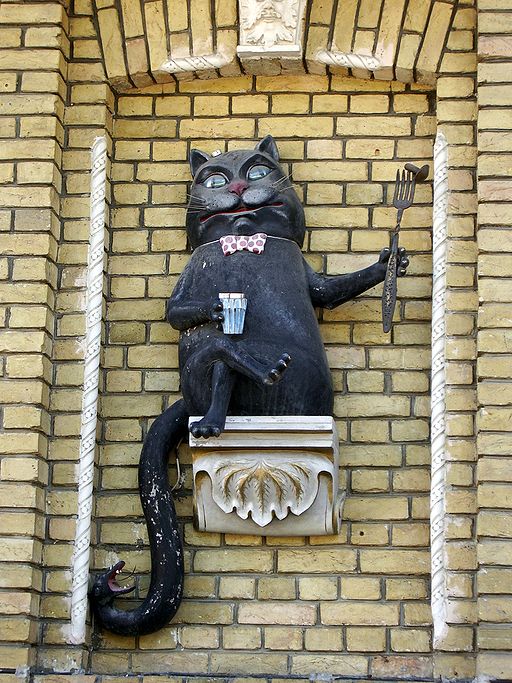
er
than
the
y
a
w
n
of
the
moon
in
a
sky
so
brown
with
heels
of
fleeting
fancies
a
diamond
tear
waits,
tremulous,
in
the
eye
of
the
cloud,
dropping…
—
This one below sort of echoes Song of Chickens by Jack Mapanje. It’s Niyi’s political one, referring to the injustice and greed in Nigeria’s leadership.
(For NLC 88, and the Generals)
Says the hyena to a clan of lambs;
“Today, I dissolve your flock
About my eating habits.
I will now set up a group
To select your spokesmen
Who will come freely to my den
With your woes and sundry views.”
—
I will now end with one that reads like a fable within the rich Yoruba tradition: Niyi utilizes both polyvocality and intertextuality. Here’s a conversation between two characters, the snake and the toad.
Kerebu kerebu
And the snake says to the toad;
“I have not had a meal
For a good one week;
And my stomach yearns
For your juicy meat”
“Suppose I turn into a mountain?”
Asks the toad,
“I will level you in the valley
“Suppose I turn into a river?”
“You will flow easily through
The channels of my mouth”
“Suppose I become one
Of your favourable children?”
“I will eat you
With all the motherly love
In this world”
The toad then turns into a rock
And the snake swallows it
With delicious dispatch
Ah! Aramonda*
The mouth has swallowed something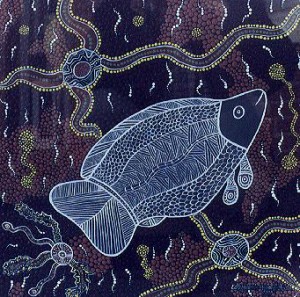
Too hard for the mill of the stomach
Okerebu kerebu
Kerebu kerebu
Our tale is a bride
Waiting
For the nimble fancy of the grooming ear.
*Wonder of wonders
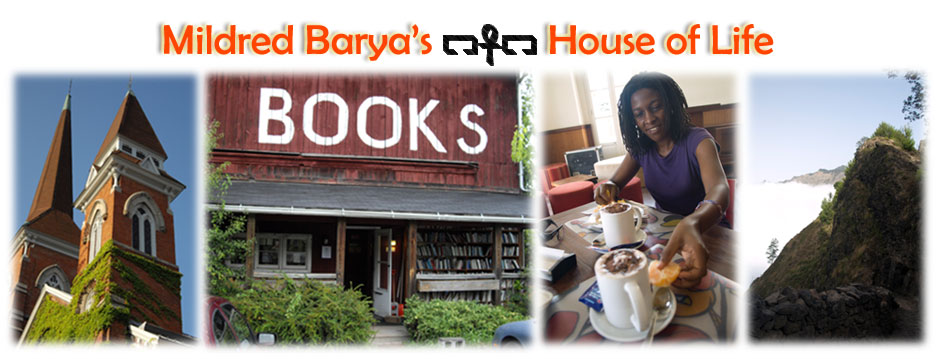
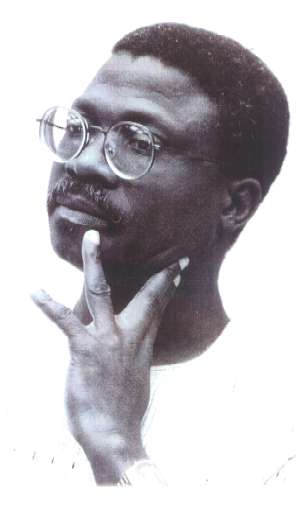
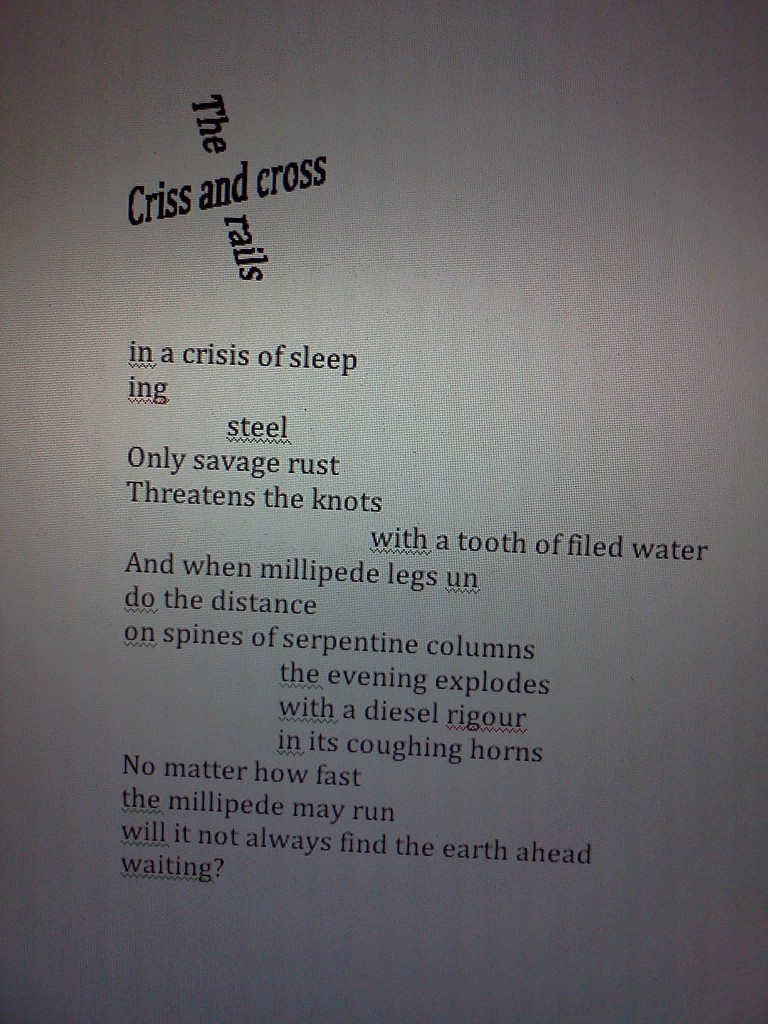

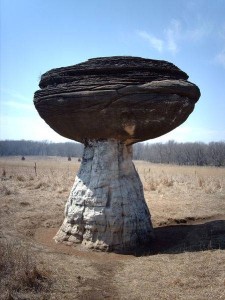

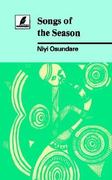




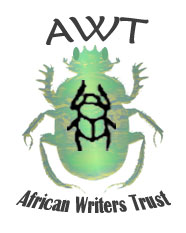
No comments yet.